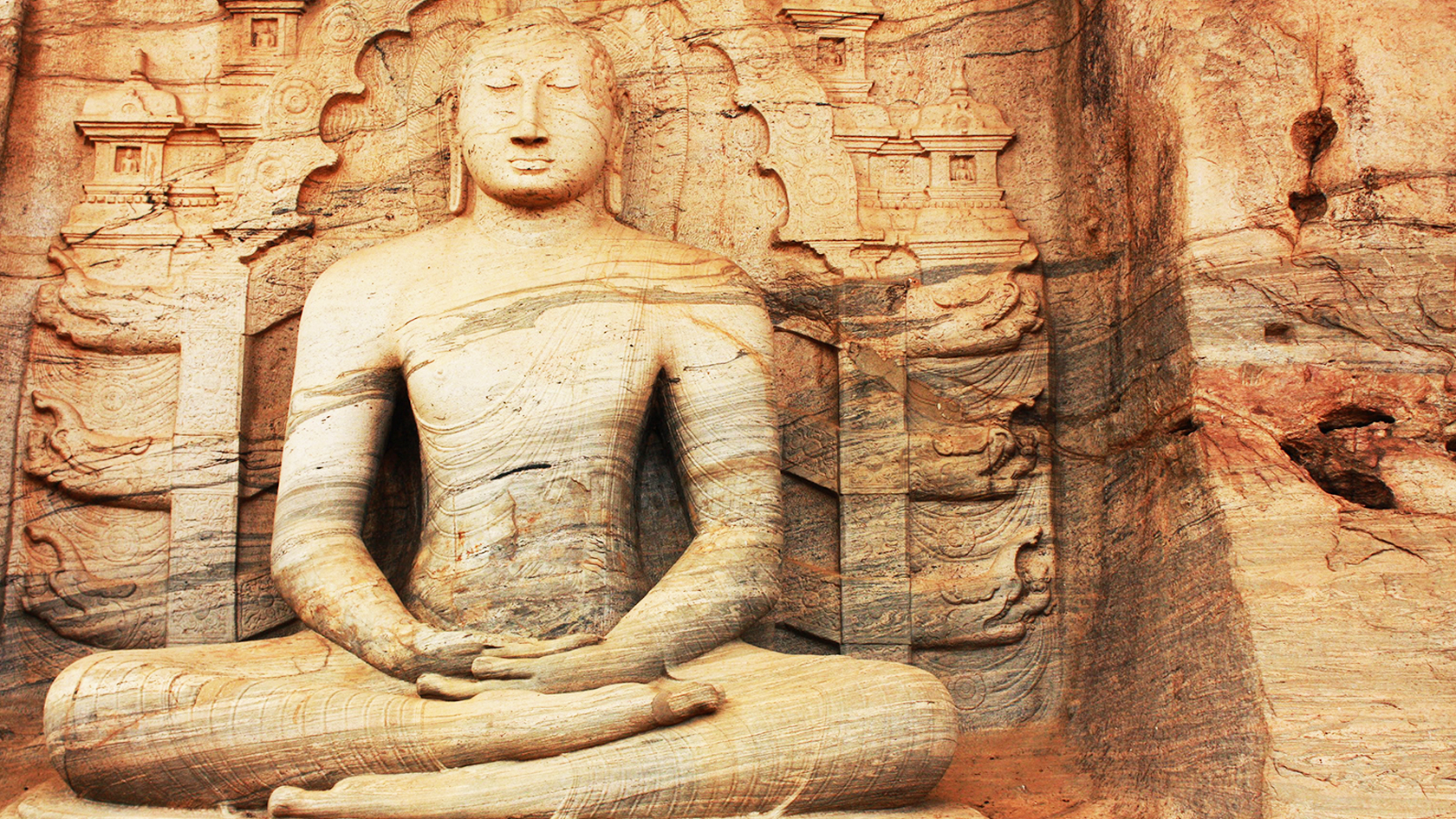Dear Buddhist Friends,
1. On behalf of the Pontifical Council for Interreligious Dialogue I offer to you and to all Buddhist communities around the world my very best wishes for Vesakh. I hope that you may have a joyful feast.
2. As is now customary, I would like to take this occasion to share with you some thoughts which may help to strengthen the relations between our two communities. This year these reflections are based on Pope Benedict XVI’s first letter to Catholics throughout the world. This letter, God is Love, or according to its Latin title Deus caritas est ( DCE), examines the nature of love. His Holiness the Pope is convinced that this word, so frequently used and yet so often misunderstood, needs to have its true meaning restored in order to become a beacon of light for everyday life.
3. Pope Benedict speaks about two types of love: first eros, the love between a man and a woman, a love which seeks personal satisfaction; then agape, a love which seeks the good of the other, although that person may not be liked or even not known. For Christians this second type of love is only possible if it is grounded in love for God, in response to God’s love for human beings. So love of God and love of one’s fellow human beings are inseparable, forming one single commandment. „Love grows through love. Love is ‚divine‘ because it comes from God and unites us to God“ ( DCE 18).
4. We Christians believe that the perfect manifestation of agape is founded on Jesus Christ, the Son of God made man, who spent his whole life spreading the Good News of God’s love in both words and deeds. The ultimate expression of this love was when Jesus gave his life for the whole of humanity. Moreover Jesus is the source of agape, in particular through the gift of himself in the Eucharist. Drawing from this source, Christians strive to follow in the footsteps of Jesus by showing love for their brothers and sisters, especially for the poor and suffering.
5. Through our dialogue we have come to appreciate the importance that you Buddhists give to love for one’s fellow human beings which is expressed in the concept of metta, a love without any desire to possess but only to help others. It is understood as a love which is willing to sacrifice self-interest for the benefit of humanity. So metta, according to Buddhist teaching, is not confined to benevolent thought, but extends to the performance of charitable deeds, to the service of one and all. It is indeed a universal benevolence. Nor should one forget that other virtue, karuna, through which is shown loving compassion for all living beings.
6. In this world where the word love is so often used and misused would it not be useful for Buddhists and Christians to rediscover its original meaning according to their respective traditions and to share their understanding with one another? This would be an encouragement for the followers of both traditions to work together to build up relations based on love and truth, to promote mutual respect, to foster dialogue and to further collaboration in the service of those who are in need.
7. These considerations lead me to a final wish, namely that the feast of Vesakh may be a time when the friendship between Buddhists and Christians is consolidated and collaboration in the spirit of agape and metta is strengthened. In this spirit I wish you a very Happy Vesakh.

